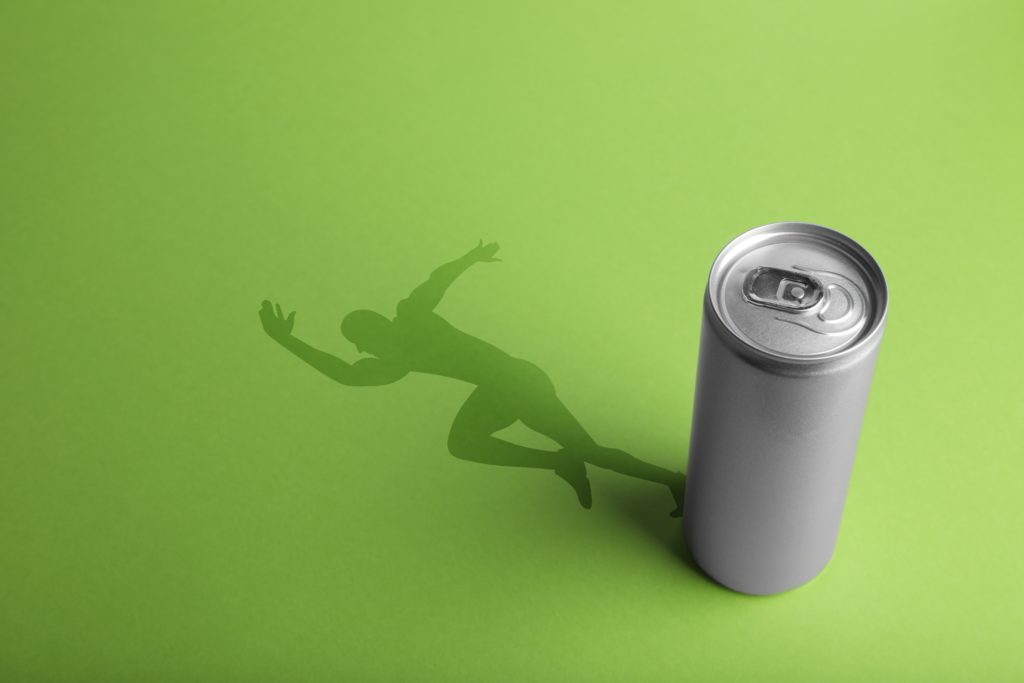
Looking for a way to improve your sports performance? Caffeine may be the answer you’re looking for. Used by athletes around the world, caffeine has been proven to increase energy levels, enhance focus and concentration, and boost physical performance. In this blog post we will discuss the wonders of caffeine and how it can help you reach peak performance in sports. We’ll cover topics such as overview of caffeine and its effects on sports performance, benefits of caffeine for athletes, how to use caffeine safely during exercise, common sources of caffeine for athletes and strategies for optimizing the benefits of using caffeine in sport performance. So, if you want to take your game up a notch then read on!
Caffeine has long been a favorite pick me up for many athletes, and for good reason. Not only does it increase alertness and focus, but it has also been shown to improve endurance and reduce perceived exertion during exercise. For endurance sports like long-distance running, cycling, or swimming, caffeine can give athletes the edge they need to power through to the finish line. Additionally, caffeine can help reduce muscle pain and fatigue, making it a great performance enhancer for strength-based sports like weightlifting. However, it’s important to remember that moderation is key when it comes to caffeine consumption, as too much can lead to negative side effects like anxiety, jitters, and insomnia. So, next time you’re hitting the gym or lacing up your running shoes, consider supplementing with caffeine to give your workout a boost.
Whether you’re a seasoned athlete or just starting out, caffeine can be a helpful tool in improving your sports performance. But how do you use it safely? First, it’s important to know your own tolerance level and not exceed 400mg of caffeine per day. Timing is also crucial. Consuming caffeine 30-60 minutes before exercise can improve endurance and alertness, but drinking it too close to bedtime can disrupt sleep. Additionally, it’s important to stay hydrated, as caffeine can be dehydrating. With these tips in mind, incorporating caffeine into your exercise routine can be a safe and effective way to enhance your sports performance.
As an athlete, one of the most important aspects of training and competition is performance. This is why many athletes turn to caffeine to enhance their performance. Some common sources of caffeine for athletes include energy drinks, caffeine pills, coffee, and tea. Energy drinks are a popular choice for athletes because they are convenient and often have high levels of caffeine. Caffeine pills are also a popular choice because they are a quick and easy way to get a caffeine boost. Coffee and tea are also great options for athletes and can provide a more sustained release of caffeine. However, it is important for athletes to be cautious when consuming caffeine and make sure to stay within recommended daily limits to avoid negative effects like jitters, headaches, and dehydration.
Caffeine can be a great tool to help you reach peak performance in sports. With the right dosage and timing, it can give athletes an edge during exercise by increasing energy levels, improving focus and concentration, reducing muscle pain and fatigue, and enhancing endurance. However, it is important for athletes to use caffeine responsibly as too much of it may have negative side effects like anxiety or insomnia. By understanding your own tolerance level and staying within recommended daily limits, incorporating caffeine into your training routine can be both safe and effective way to improve your sports performance. So, if you’re looking to take your game up a notch try adding some caffeine!


